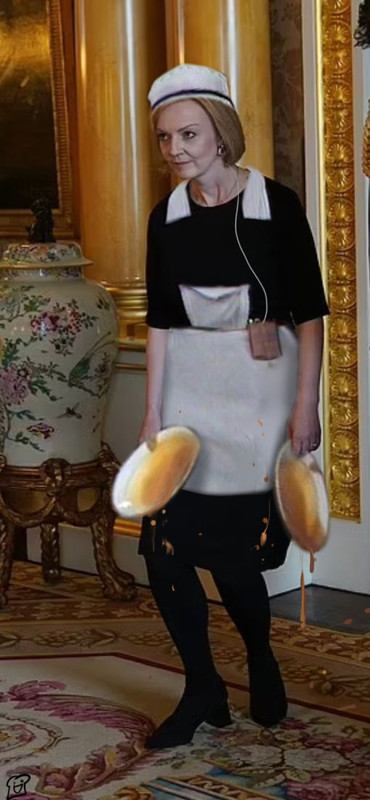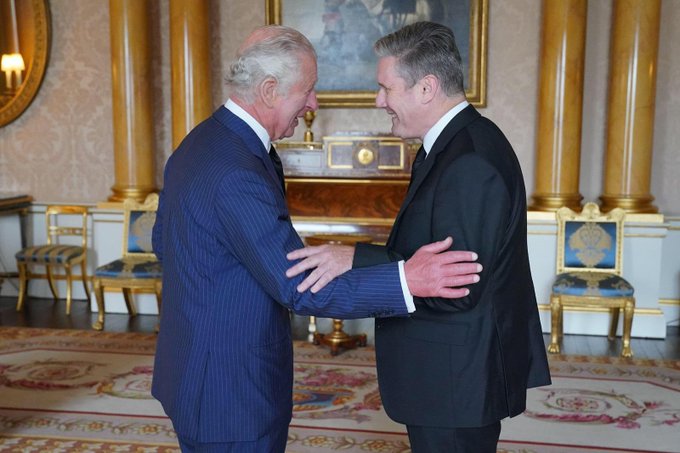Cav
pfm Member
The role of the Civil Service has always been to implement Government policy. This requires that some or sometimes many people do things that are discordant with their personal principles. If they find the policy so offensive, they can ask for a transfer to another Dept. or resign. What they cannot do is in any way try to frustrate the will of Government.I don’t think there’s a stitch-up as such there’s just bound to be some institutional inertia and I think there should be ways to counter that, and one way would be for elected representatives to choose who they want to implement their policies. I’m no expert either so I don’t really know what that would involve, I’m sure there are legitimate objections, but I’d like to hear them voiced explicitly, so that they can be distinguished from less legitimate objections. I think in times like these we want bodies like the civil service to save us from the nutters and while that’s understandable it’s also not good for democracy.
This has worked very successfully for god knows how long and works because the Civil Service is not politicised, it is impartial and free from direct political interference because of it.
I do not know the reason for Scholar's removal so if anyone has a definitive and corroborated details?




